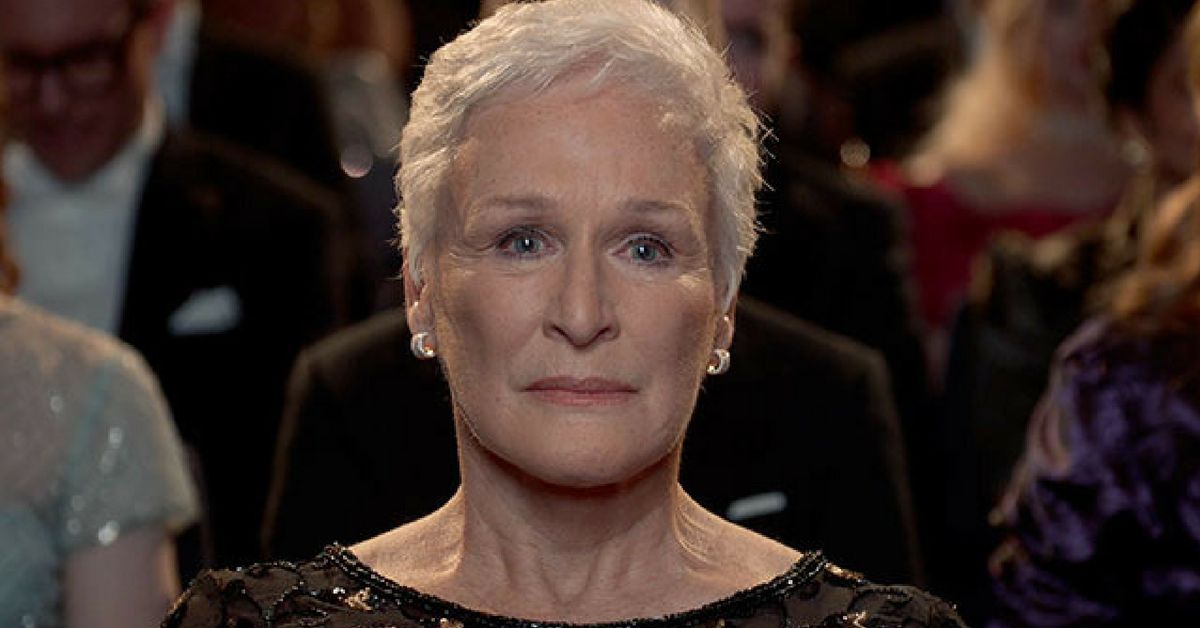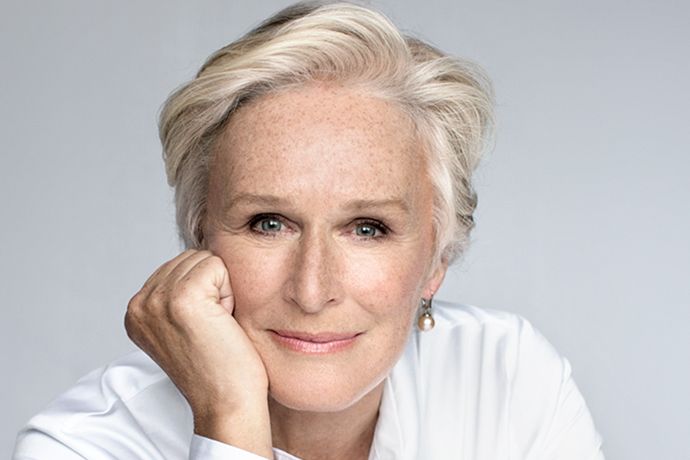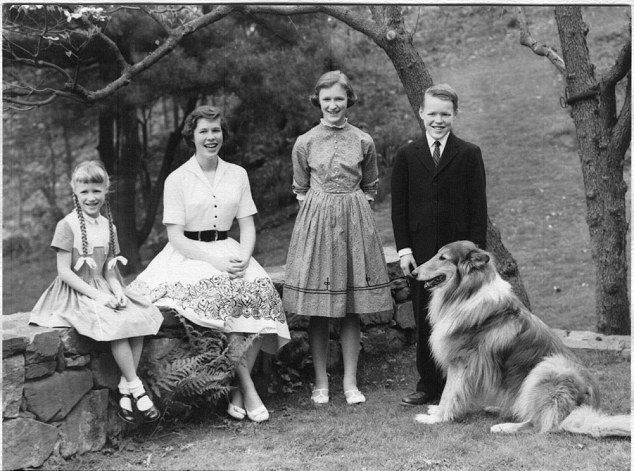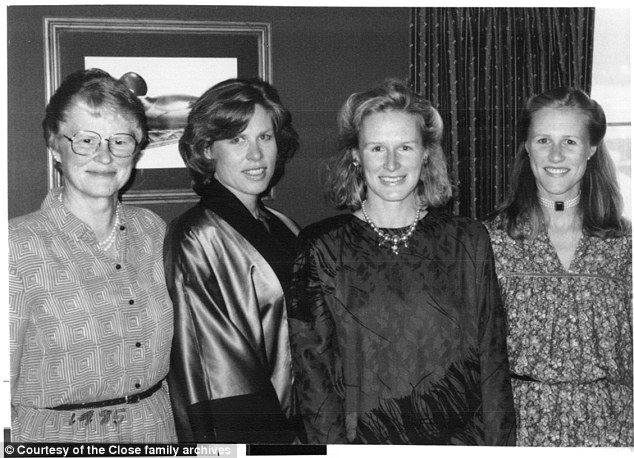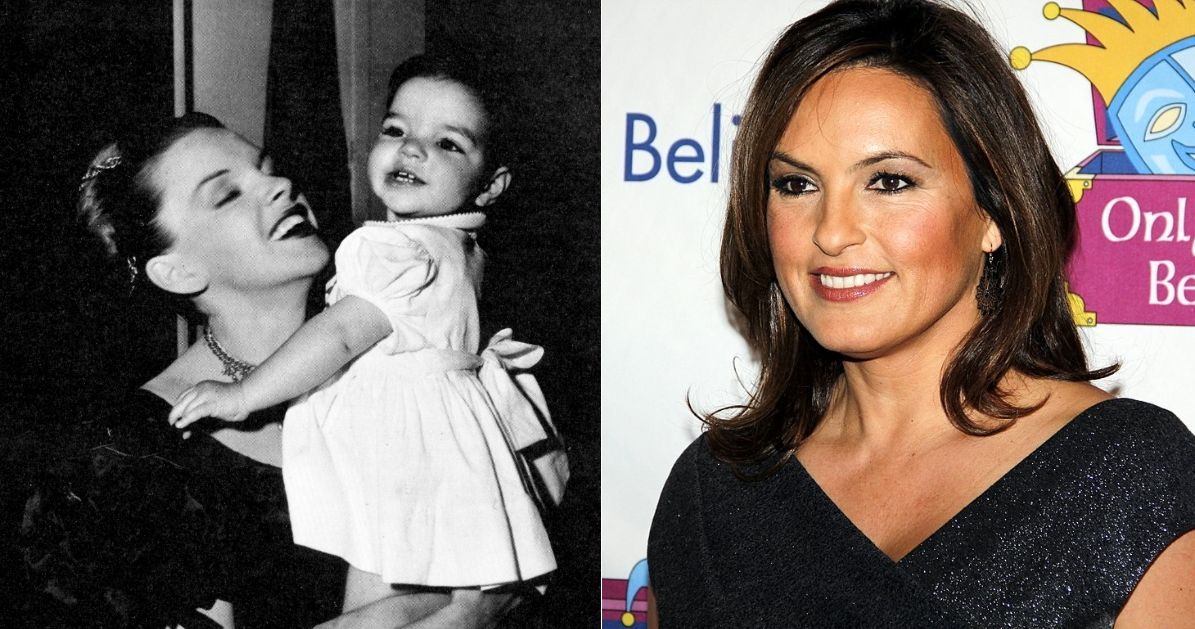In 2014, Glenn Close candidly revealed details about her upbringing that she kept to herself for decades.
The actress was discussing why she isn't "naturally social" and considers herself "kind of a recluse," when she also revealed that she was part of her cult while growing up.
The Academy-Award winner's father was a doctor who worked in Congo for the president at the time, Monutu Sese Seko, and it was around that time the family joined a cult-like religious group called the Moral Re-Armament. She was only seven years old at the time.
Close's father, a Harvard graduate later moved the family to Switzerland so they could be close to the group's headquarters and founder, Frank Buchman. The Fatal Attraction star was fully immersed in Buchman's teachings until she left the MRA at the age of 22.
Now, while preparing for the release of her upcoming film, The Wife, the star is going into more details about what life was being part of the MRA and how it affected her life as an adult.
"Each of us had to go through that process of forgiveness," Close explained to Jess Cagle, Editor-in-chief of People magazine. "It wasn't easy for my parents to talk about, certainly my father. But I guess I've made a career figuring out the why's of behavior, but I did the same thing with my parents."
She admitted that at one point she deeply resented her father for what he put them through.
"There came a point where I got very, very angry at my father and I wrote him this letter where I was absolutely honest with [him]," she continued. "I said, "˜You don't deserve to be called our father.' I mean, it was so harsh. In fact, I read it to my mother and I read it to my siblings and I said, "˜I'm just going to send this to dad,' because he was a narcissist and he was brilliant, brilliant, but he definitely had a dollop of narcissism."
She also places blame on her mother, who she said "enabled" her father.
It took a while, but Close said she now understands why her parents made the decision to join the MRA.
"I've learned more and more about them and more about what their situation was and how vulnerable they were at certain times," she told Cagle. "I think I really understand why they were so vulnerable to a group like that. Not knowing the devastation that it would cause their children."
The devastation Close mentioned lasted for years after she left the cult, which taught its members that war wouldn't occur if everyone on earth could experience moral and spiritual awakening. She touched on it during a 2014 interview with The Hollywood Reporter.
"You basically weren't allowed to do anything, or you were made to feel guilty about any unnatural desire," she recalled."If you talk to anybody who was in a group that basically dictates how you're supposed to live and what you're supposed to say and how you're supposed to feel, from the time you're 7 till the time you're 22, it has a profound impact on you. It's something you have to [consciously overcome] because all of your trigger points are [wrong]."
"I would have dreams because I didn't go to any psychiatrist or anything," she says. "I had these dreams, and they started with betrayal, a sense of betrayal, and then they developed into me being able to look at these people and say, 'You're wrong. You're wrong.' And then the final incarnation of those dreams was my being able to calmly get up and walk away. And then I didn't have them anymore."
Luckily, they never tried to lure her back into the cult because according to Close, they knew she "had nothing to do with them from that point.
Buchman died in 1961, and his successor passed away four years later. However, the MRA still continues to function under its new name: Initiatives of Change.
